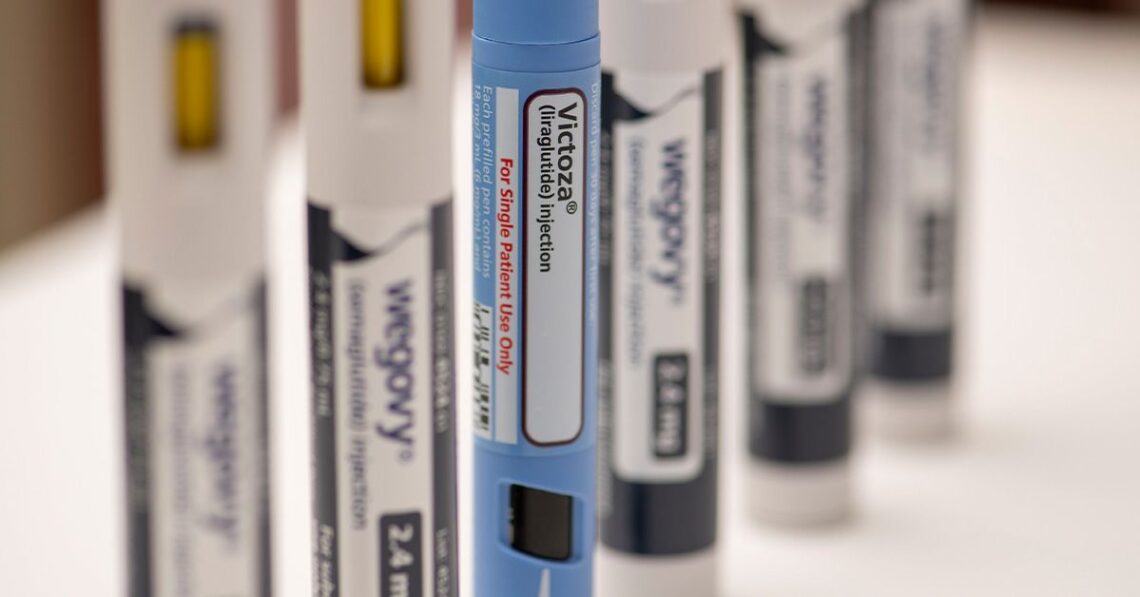- Researchers at Cedars-Sinai have announced study results suggesting that patients should suspend the intake of certain popular drugs used for weight management in obesity, such as Ozempic and Wegovy, before undergoing endoscopy procedures to mitigate the risk of aspiration pneumonia.
- This extensive analysis, involving data from nearly 1 million patients in the United States, highlights the dangers posed by these treatments due to their impact on digestion and food retention in the stomach.
- Given the sheer volume of endoscopies performed annually in the United States, these findings may advocate for a careful reconsideration of medication schedules to reduce the number of aspiration incidents.
The study, published in Gastroenterology, identified that drugs such as Ozempic and Wegovy, which are glucagon-like peptide-1 receptor agonists (GLP-1RAs) used in the management of diabetes and obesity, could lead to a higher chance of developing aspiration pneumonia after undergoing endoscopy procedures.
Aspiration pneumonia arises when foreign substances, such as food from the stomach or secretions from the mouth and nose, are inhaled into the lungs.
Aspiration can lead to infection of the airways and lungs that necessitates treatment, such as antibiotics.
This condition is relatively rare in healthy people but more prevalent among those with pre-existing health issues.
Aspiration pneumonia is a subset of pneumonia, which can be caused by bacterial, viral, or fungal infections within the lungs.
An endoscopy is a procedure where a doctor inserts a tube-like instrument through a patient’s throat to observe the organs inside of the body such as the esophagus, stomach and small intestine.
The recent weight-management drugs achieve their effect by slowing down digestion, extending the sensation of fullness, and thereby reducing food intake. As a result, food remains in the stomach for a longer period.
However, this prolonged presence of food means that the stomach might not be fully…
Read the full article here

